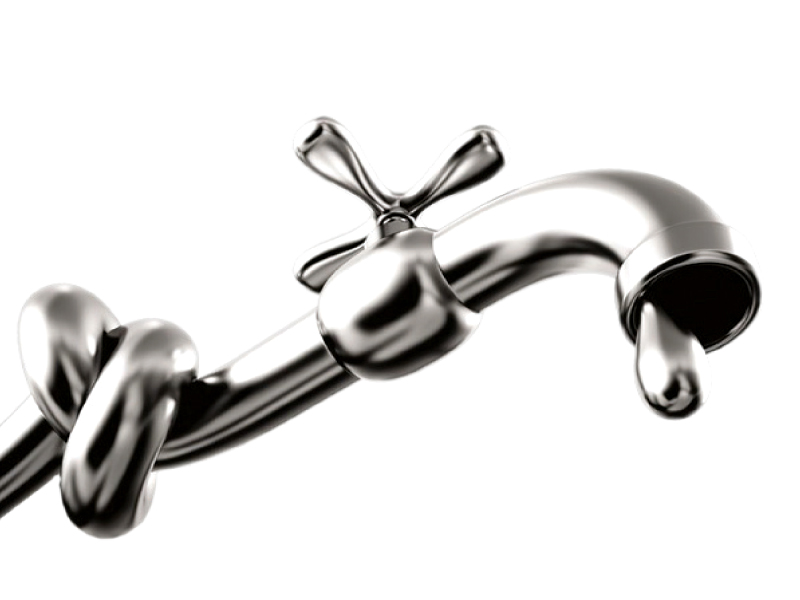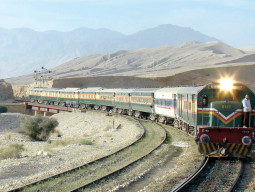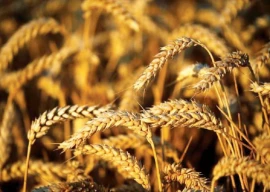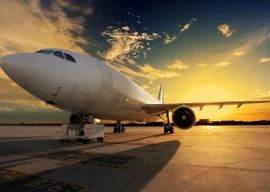
Lack of access to water in the subcontinent is adding to the prevalent social inequalities in the region, according to the Human Development in South Asia 2013 report, launched by the Mahbubul Haq Human Development Centre on Thursday at the Lahore University of Management Sciences.
The report, titled Water for Human Development, expresses concern over the conservation and storage of water in the region and the lack of discourse on the subject of climate change. It states that countries in the region must work together to manage trans-boundary water issues, since their economies were driven by water.
Khadija Haq, the lead author and president of the MHHDC, said the report focused on the impact of social and economic development on people. “Development should be measured in terms of what it really means to people and their lives,” she said.
Haq said that in countries like Pakistan, whose economy depended on agriculture, reforms in the area of water management were essential. Summing up the report’s findings, she said the region had one of the highest population proportions who did not have access to clean water. The lack of clean water and sanitation made the region more susceptible to disease, particularly water-borne illnesses. She added that regional countries could tackle the water-related challenges by improving infrastructure, water management and policies.
“We cannot develop economically unless we have safe drinking water for the population,” said River Ravi Commission Secretary Ahmad Rafay Alam. He noted that almost 90 per cent of Pakistan’s water use was in the agriculture sector, so efficient farming methods were vital. He also expressed concern about water pricing, saying there was a high probability of water being commodified further if policymakers kept turning a blind eye to the issue.
Former finance minister and World Bank vice president Shahid Javed Burki agreed. He said water should not be treated like a commercial commodity, but like a basic need. With the population in urban areas increasing 30-fold since Partition, Burki said, the need for water was increasing at an alarming rate. “People use water in a different manner in urban areas,” he said. “If these people are accommodated, it will be at the cost of our agriculture.”
Burki advised that Pakistan work with its neighbours to resolve issues.
LUMs Vice Chancellor Dr Sohail Naqvi commended the MHHDC and hoped that its research in human development would help generate a clearer picture in the country and the region. He said local research showing the impact of development on human lives could help speed up policy-making in the region.
Report
According to the report, 1.5 billion of South Asia’s 1.65 billion population now has access to water. Umer Malik, a senior research fellow at the MHHDC, told The Express Tribune that the bigger question was the quality of water. The report states that between 1990 and 2010, the proportion of people using an improved water source increased from 76 per cent to 89 per cent. It says nearly 1 billion people are still deprived of improved sanitation facilities, which was one of the reasons for poor health in the region.
The report also points out inefficiency and poor resource management. “The region fails to use water efficiently,” Malik said, adding that wasting water would have disastrous consequences in the future.
Published in The Express Tribune, September 13th, 2013.




















1714024018-0/ModiLara-(1)1714024018-0-270x192.webp)

















COMMENTS
Comments are moderated and generally will be posted if they are on-topic and not abusive.
For more information, please see our Comments FAQ